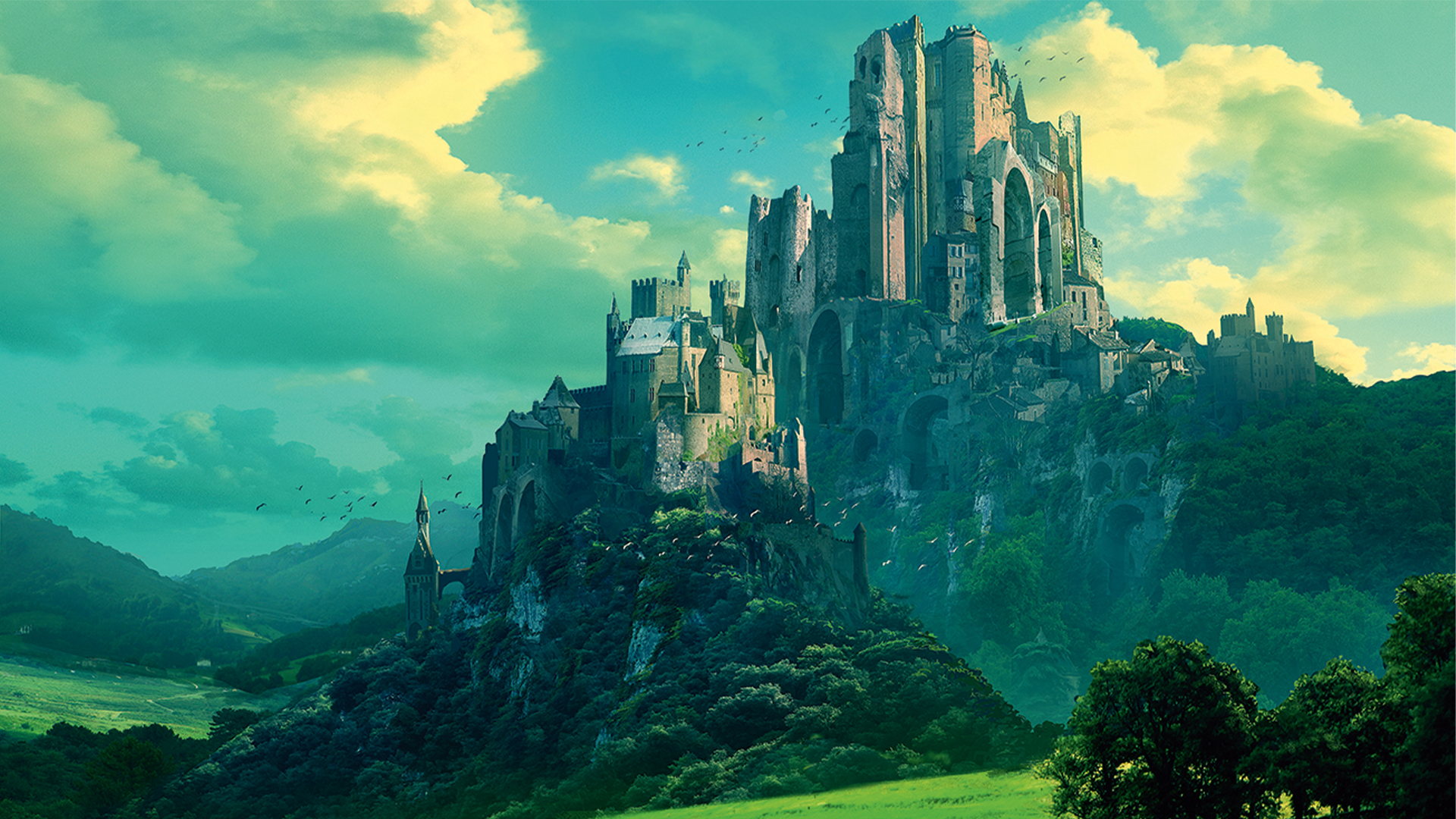
Working in games can be a thrilling career, but it’s also something that requires tough compromises. On the one hand, being part of a world-class team that creates beautiful universes for AAA games might sound like a dream job. On the other, the industry is notorious for its crunch culture, and there’s plenty of controversy around poor treatment of women and minorities at big companies.
So what’s it really like? And is it right for you? To help you decide, we asked four artists about what it does for your journey as an artist, the culture, the working life, and what traits and skills make someone suited to the job. And, if you do decide it’s for you, we’ve got advice on breaking into the industry. (Check out the gaming trends to watch if you want to stay ahead of the curve).
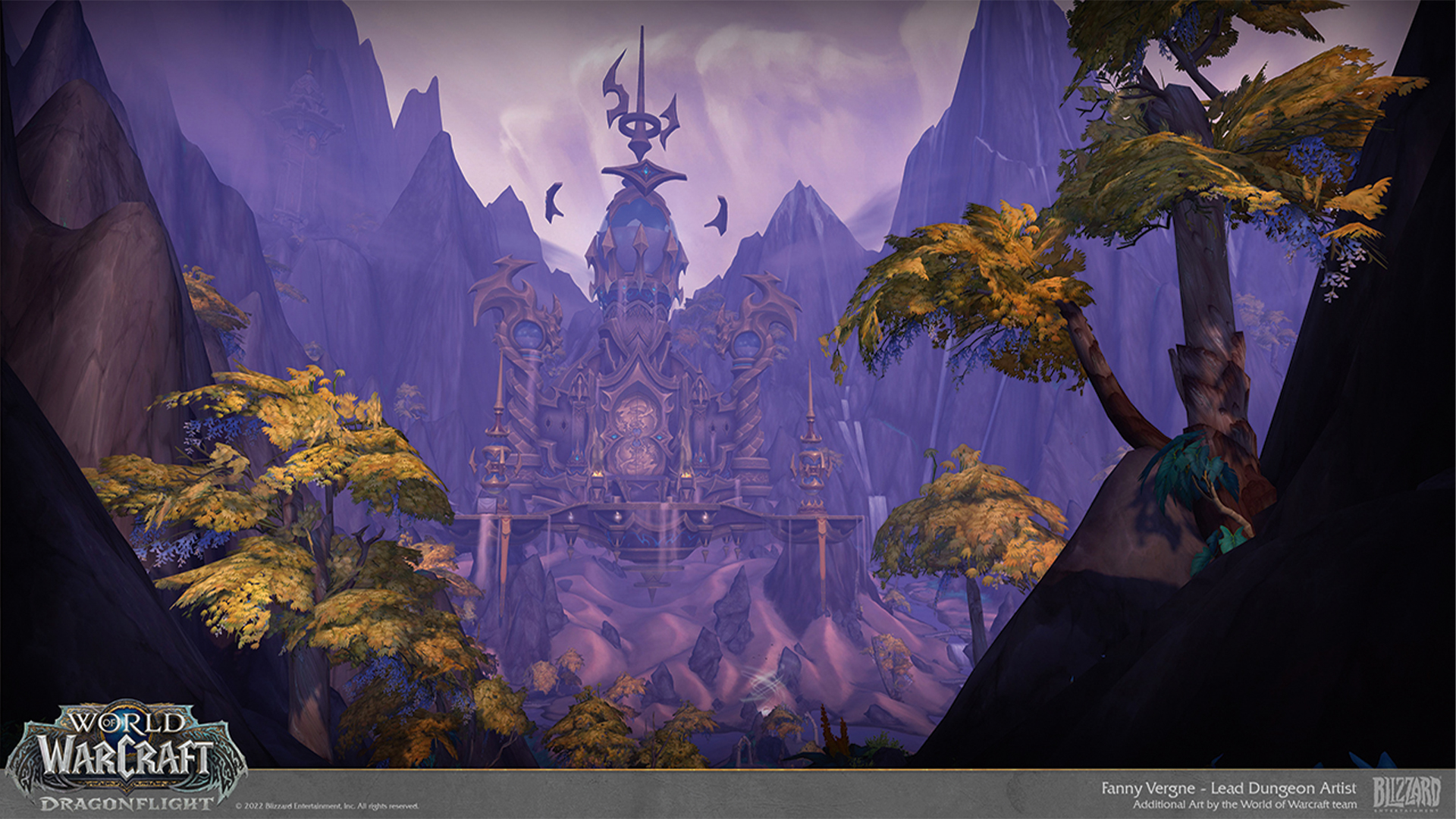
Living the dream
"Being an artist in the game industry is a dream come true. One of my real cherished moments is standing among the crowd at the BlizzCon opening ceremonies, and witnessing the joy and excitement when new content is announced,” she says. “It’s easy to forget the wide-reaching impact of your work when immersed in day-to-day project tasks, but witnessing it in real life reinforces the meaningfulness of your efforts.”
On top of this, Fanny believes that exposure to the exceptional talent she’s encountered has helped her to flourish as an artist, and made for a “truly incredible” experience. Constructive feedback is a critique of your work, not a judgement of you as a person. I believe the artists who grasp this concept generally tend to improve more rapidly.
“However, it’s equally essential to distinguish between ego and pride. Ego impedes fast learning, while pride allows you to celebrate achievements and build self-confidence.”
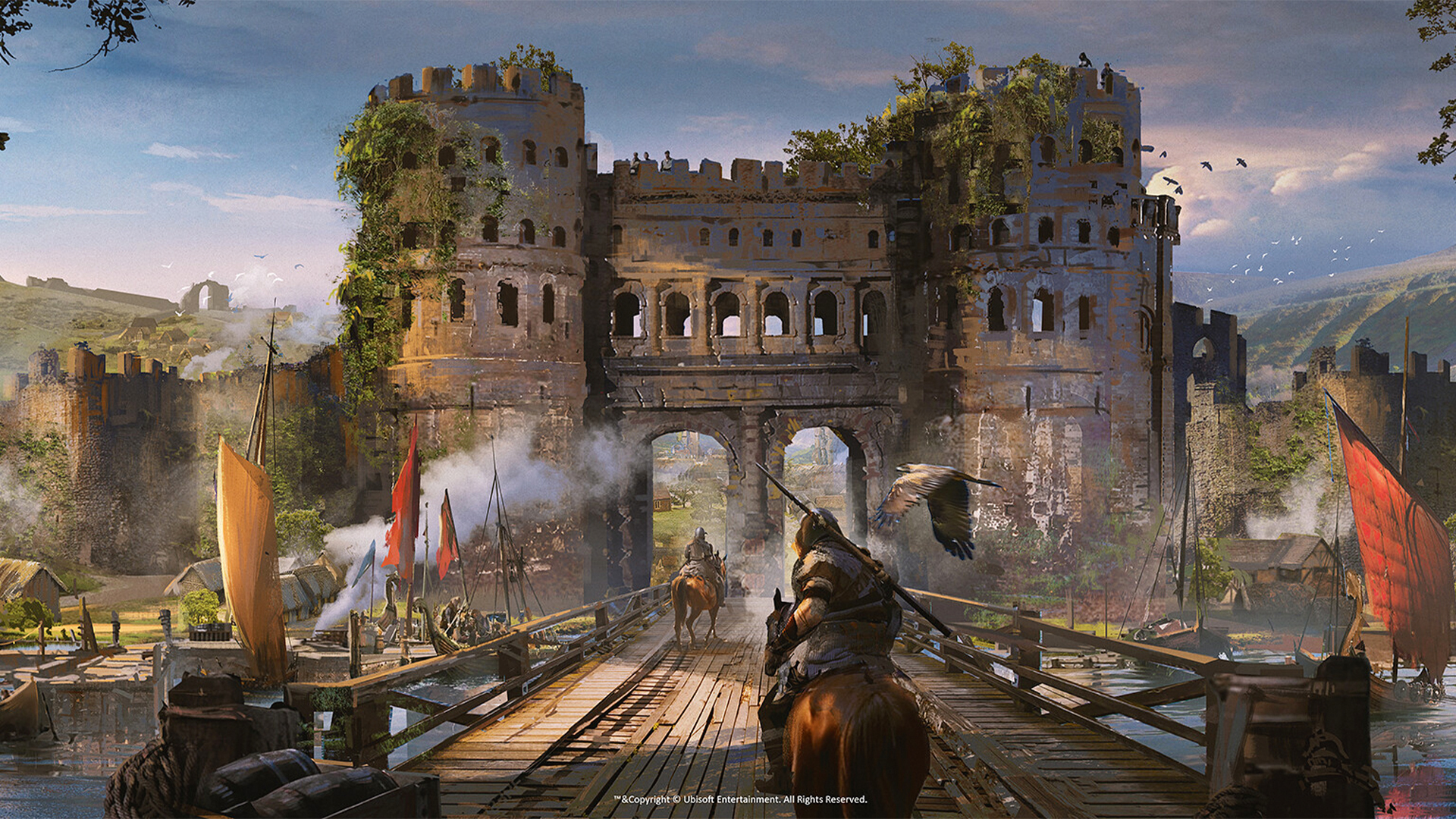
Stimulating career
“Game development is an iterative process with frequent feedback loops,” Donglu says. “I was pushed to learn to embrace feedback, adjust accordingly, and refine my work continuously. This approach fosters a mindset of constant improvement and refinement in you.”
While this process will make a massive contribution to professional growth, it has to be something you’re open to as an artist. Rather than following your imaginative path to wherever it goes, you’ll have to use logical thinking to solve visual problems. For artists such as Donglu who thrive on developing this type of work, this is a part of the appeal.
“The continuous problem-solving aspect keeps it intellectually stimulating,” she says. On top of enjoying visual puzzles, Donglu adds: “Conceptualisation, the ability to take abstract ideas and translate them into visual concepts, is a crucial skill for the concept artist’s role.”
Since you’ll be working on large teams, sometimes with hundreds of artists, you’ll need to develop the right personal traits to work effectively too. Donglu says: “Concept artists need to be efficient in both collaboration and communication to actively participate in discussions, to interpret feedback, and to express abstract ideas in a tangible manner.”
As a woman in the games industry, Donglu says that she considers herself “very lucky”, as she has never had to deal with toxic behaviour, but also notes how accountability, continued pressure and collective efforts are essential to make sure that these problems are addressed.
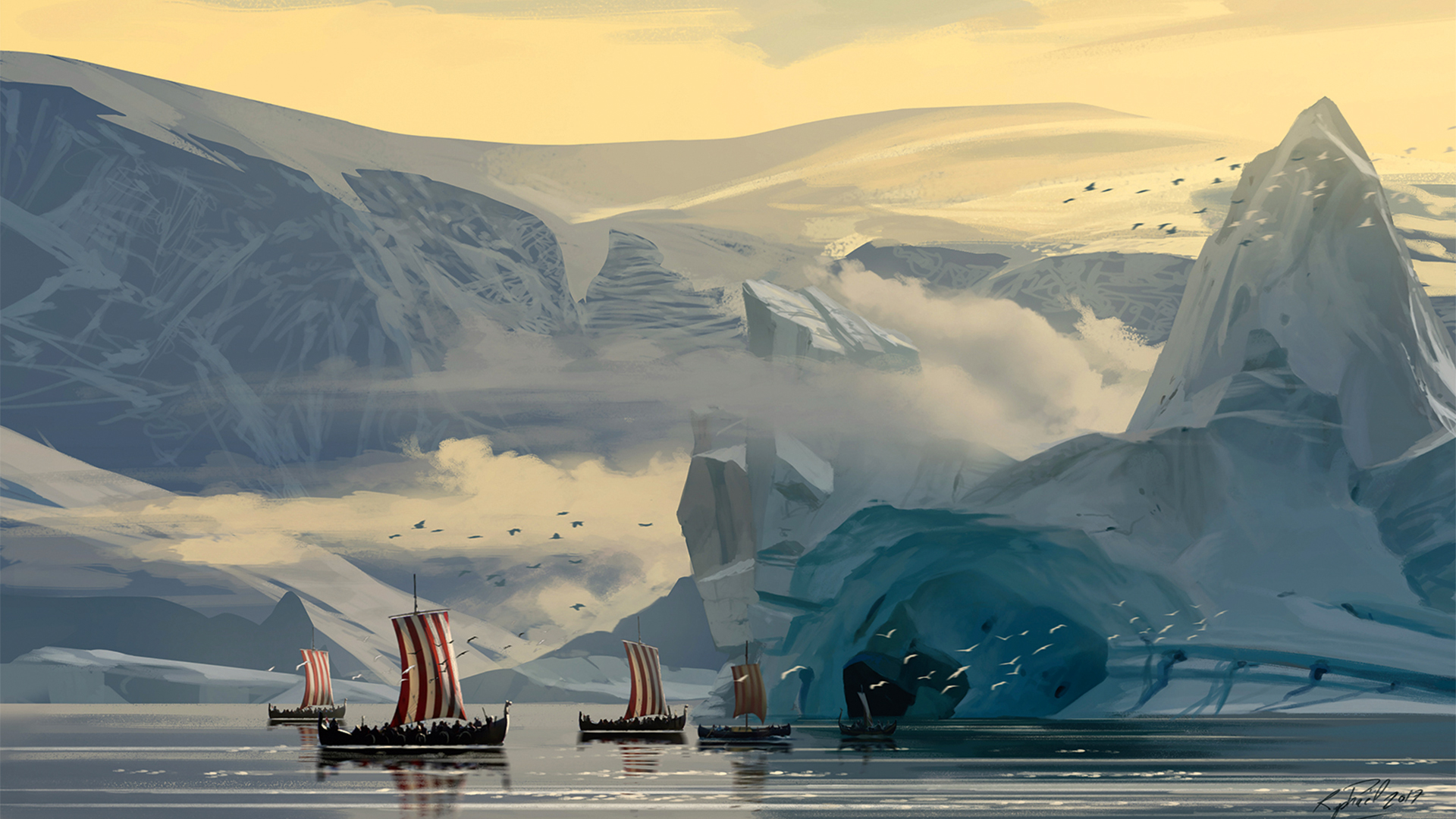
Democratic development
Raphael says that if you’re considering a career in games, you need to forget about working primarily for your own portfolio and “consider that your work is there to serve a project larger than yourself”. You’ll also need to be ready to work on a team that contains lots of different personalities.
“Making a game is a democracy,” he says. “You have to find the best balance between the art, design, tech, performance, and so on. You need to satisfy all of the different pillars while maintaining the right direction and pushing things to the next level.”
At the start of your career, Raphael advises not to be too rigid with your ambitions and to embrace whatever opportunities come your way, as there are always lessons to learn in every situation. You might dream of working on a big, famous game, but there are advantages to working on smaller projects.
The idea a subset of the public can’t fathom that the media they consume is made by people unlike them is sad
Raphael Lacoste
“The huge projects are like cargo ships; extremely powerful, but very difficult to steer,” he says. “The smaller companies are like small, fast boats; they have a more horizontal organisation, better agility, and more people have a voice, so it’s less top-down as direction goes. Any type of creative people can find their fit, and it is refreshing and constructive to learn from both sides and try different types of productions.”
Also, keep in mind that working on the game of your dreams isn’t the be all and end all. “You could be working on your favourite franchise, but if the team is toxic, nothing will help you to be happy,” says Raphael. Conversely, you might not be so fond of a project, but if you love your team, you’ll have a great time nevertheless.
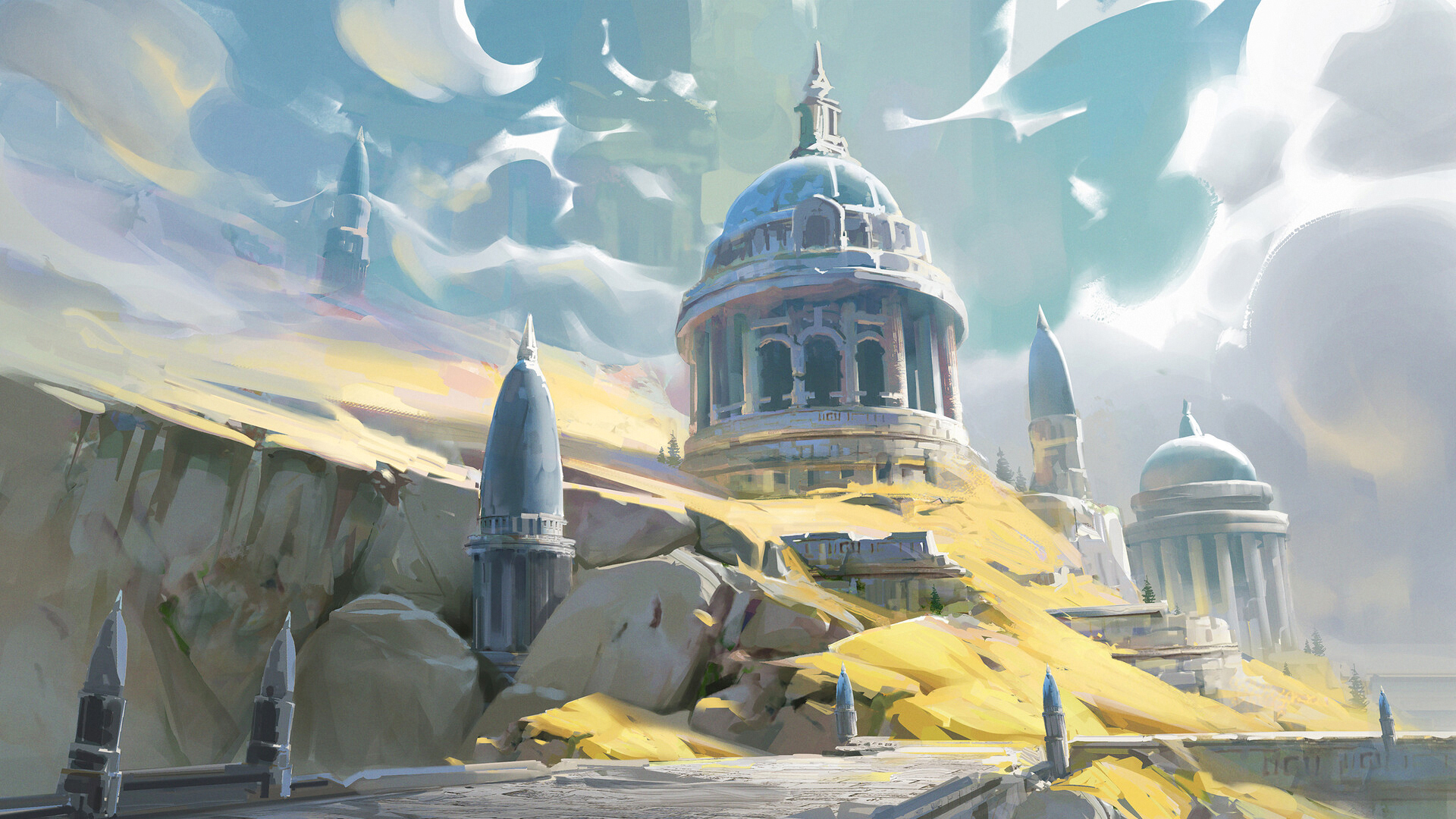
Flexible capabilities
“Being a concept artist means being adaptable and flexible to goals changing, and being open to working in areas that might be outside of your comfort zone,” he says. You’ll need to be able to produce art in the style the project needs, which forces you to expand your capabilities.
In terms of work culture, Jordan sees the games industry as one of the most progressive places to work, but he qualifies this by noting that as he is male, he has not experienced gender-based harassment.
Jordan says from what he has seen, the worst behaviour comes not from within the industry, but instead from the public. “The harassment that gets thrown at female, non-binary, trans, people of colour and queer employees is atrocious,” he explains.
“The idea a subset of the general public can’t fathom that the media they consume is made by people unlike them is just sad. I think it’s frightening just how much hate is riled up because of this ridiculous notion that gaming has always been a ‘male’ pastime. It never has been that way.”
Jordan continues: “I can only speak from what I’ve seen, but I feel that the companies I have worked at have all been great protecting their employees from any harassment and bullying, whether that’s from inside or outside of the industry.”
This content originally appeared in ImagineFX magazine, the world's leading digital art and fantasy art magazine. ImagineFX is on sale in the UK, Europe, United States, Canada, Australia and more. Limited numbers of ImagineFX print editions are available for delivery from our online store (the shipping costs are included in all prices)







